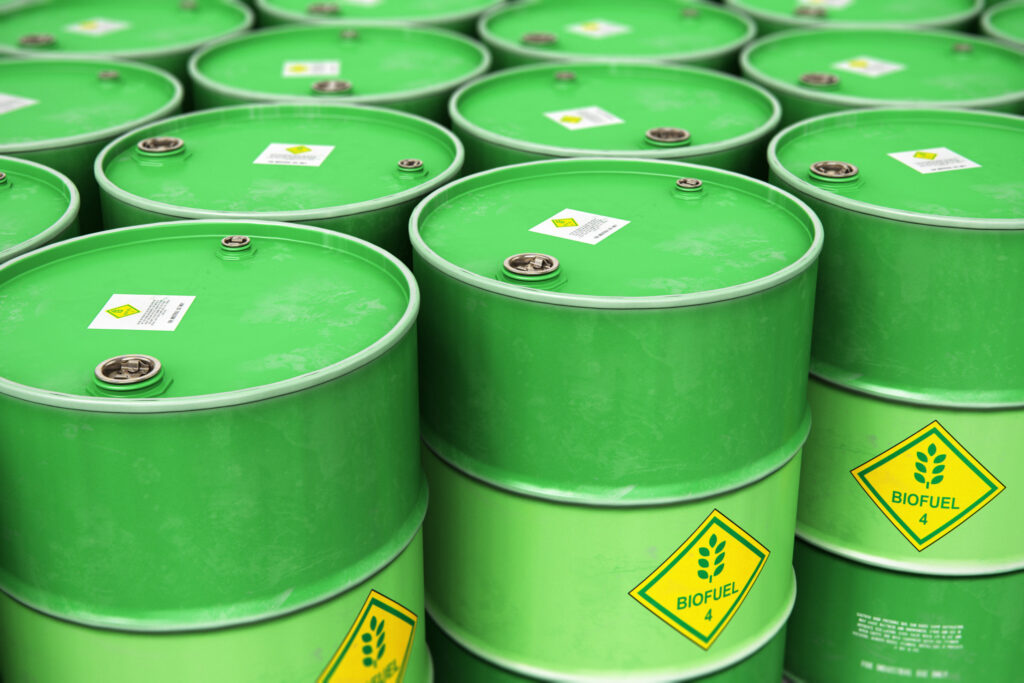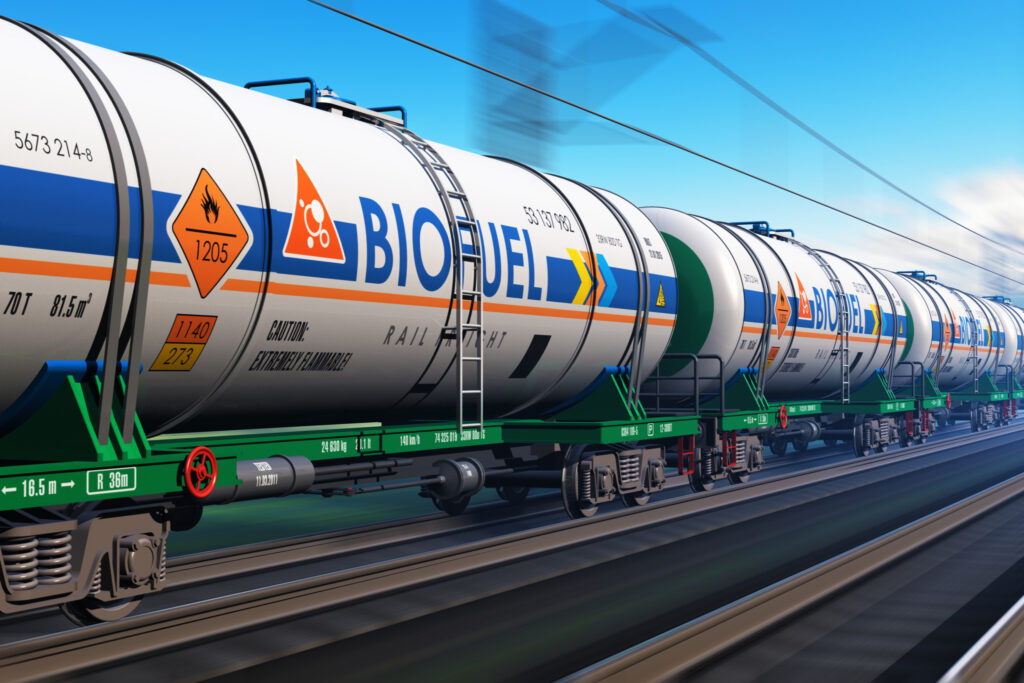MTA protests Manitoba biofuel mandate
WINNIPEG, Man. – Manitoba announced Tuesday it has adopted new blend requirements for ethanol in gasoline and for biodiesel in diesel, moving the province closer to meeting its greenhouse gas (GHG) reduction targets.
The Manitoba Trucking Association (MTA) quickly criticized the move, saying it will hurt the industry. It urged the province to revoke the decision.

Effective Jan. 1, 2021, the amount of ethanol required in gasoline will increase to 9.25% from 8.5%. It will further grow to 10% on Jan. 1, 2022.
The biodiesel requirement will increase to 3.5% from 2% on Jan. 1, 2021, and will rise again to 5% on Jan. 1, 2022.
The province said the new measures will reduce GHG emissions by 220,000 metric tonnes annually.

“We are taking the steps necessary to meet our GHG reduction targets, and have extensively worked with and consulted stakeholders,” said Conservation and Climate Minister Sarah Guillemard.
“We are leading the nation with our creation of a cumulative GHG reduction goal as part of our carbon savings account — a made-in-Manitoba solution to address climate change in our province.”
The province said the increases were identified in the 2017 Made-in-Manitoba Climate and Green Plan, and were recommended by the Expert Advisory Council for the plan in 2019.
“Increased biofuels blending is a key government commitment aimed at reducing emissions in the transportation sector, which currently accounts for 40 per cent of all emissions in Manitoba,” the province said.
“The increases also reflect industry requests for incremental changes in order to enable a seamless transition to the use of more low-carbon fuels across the province.”

MTA ‘disappointed’
The MTA said the province had increased the biofuel mandate without regard for its impact on the trucking industry.
The association said it was especially disappointed that Manitoba had disregarded the repeated communications it made to the government, explaining the technical limitations of using biodiesel in Manitoba’s seasonal climate.
“We have explained time and again that our climate is too extreme for biodiesel at higher blends,” said MTA executive director Terry Shaw.
“These higher blends are not reliable and lead to increased downtime and maintenance costs for our industry.”
The MTA said, in the cold months, little or no biodiesel is blended in the fuel sold in Manitoba because suppliers know that biodiesel is problematic in cold temperatures.
In warmer months, it said, biodiesel is blended at 5% to achieve the current 2% content requirement.
“With the higher content announced today by the province, that blend level will increase beyond 5%, which will cause performance and maintenance issues that are not covered by manufacturer warranties.”
The association called on the government to change course on its biodiesel policy.
It urged the province to convene a committee of industry subject matter experts to come up with a strategy that will create environmental gains while not undermining the industry.

Why biofuels?
Biofuels cut emissions substantially.
Biodiesel is made from a diverse mix of resources such as recycled cooking oil, soybean oil and animal fats.
Biodiesel and renewable diesel are better, cleaner fuels that are available now for use in existing diesel engines without modification.
Canada has about 750 million liters of advanced biofuel production capacity, according to Advanced Biofuels Canada, an organization that promotes the use of non-fossil fuels.
Have your say
This is a moderated forum. Comments will no longer be published unless they are accompanied by a first and last name and a verifiable email address. (Today's Trucking will not publish or share the email address.) Profane language and content deemed to be libelous, racist, or threatening in nature will not be published under any circumstances.
There are now 2nd generation Biofuels that would eliminate these freezing issues and junk filters. Ethanol is not the answer and it hides these new age biofuels from getting the support needed to produce at a large level ultimately increasing the price. Governments need to put more resources into this and realize ethanol needs to move aside and make way for more efficient and productive Biofuels. One is GEVO that also produce sustainable aviation fuels so its out there.
I think it’s time the Federal and provincial governments pay for all the down time and repairs associated with all this garbage and dirty fuel. They force us to buy. There’s not that much money in trucking anymore. Especially at the cost of new equipment. And warranty is just a word now at dealers. They have every excuse not to give it to you. Just pay,pay and pay some more. It’s no wonder people are deleting engines and or taking them out and replacing with pre emission ones. The government’s need to wake up. The technology is here to make clean, good fuel. But they insist on adding garbage to the fuel. To try and get cleaner emissions.
Bad news for vehicle owners in general in Manitoba. Shell will stop selling ethanol free gasoline by the end of the year, and 15% ethanol blends which aren’t supported by most vehicles on the road, will be offered as the cheapest grade.
I guess I won’t be fueling in Manitoba the winter! Noc clogged filters for me!